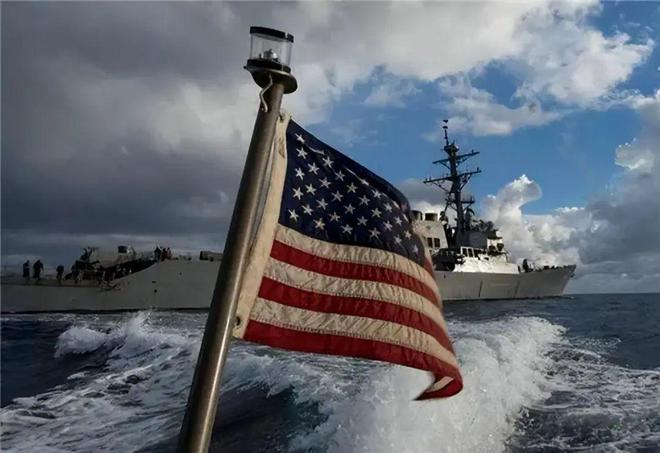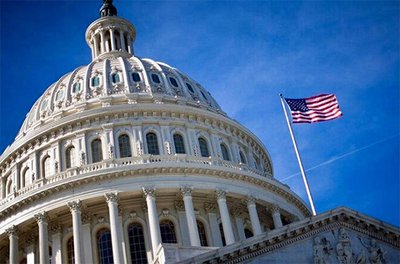
Recently, the United States claimed to have launched large-scale airstrikes against more than 85 targets of the "Islamic Revolutionary Guard Corps of Iran and its affiliated organizations" in Iraq and Syria, causing many casualties. The US Central Command said it was in retaliation for an attack on a US military base in Jordan a week earlier. The attack took the already dysfunctional relationship between the United States and Iran into a more complex and dangerous state. In response, UN Secretary-General Antonio Guterres called on all parties to effectively reduce tensions and avoid further escalation.
Before this, the United States held high the "banner of justice" in the conflict between Russia and Ukraine, and called on friends to provide military assistance to Ukraine in the name of "humanitarian assistance", which extended the battlefield to a certain extent, and may even let the war spread to more areas. Such actions undermine the stability and relative peace of the global situation.
In recent years, the United States has launched or intervened in military operations in various regions of the world in the name of combating terrorism, safeguarding national security, and protecting the interests of the United States and its Allies. What forces and logic are behind the United States? This question is worth exploring in depth.
It is widely believed that the reasons why the United States often intervenes in or causes conflicts in the world are complex and diversified, involving political, economic, military and strategic interests. The author believes that the following factors are often mentioned.
Global security and strategic interests: The United States, as the world's largest economy and military power, has long positioned itself as the defender of the global order. This role often involves intervening with foreign governments to protect their global interests, including preventing potentially hostile states or terrorist groups from threatening the security of the United States and its Allies.
Economic interests: Control of key resources (such as oil) and freedom to secure trade routes are often important drivers of U.S. intervention in the affairs of other countries. Protecting or extending these interests through military action is seen as a means of preserving the economic stability and growth of the United States and its Allies.
Promotion of ideology and political ideas: During the Cold War, the United States, in an effort to contain communist expansion, often promoted democratic and capitalist values through support for anti-communist regimes or direct military involvement. Although the Cold War has ended, the United States still prefers in some cases to support governments or powers through diplomatic or military means that it believes can promote democracy and human rights.
Domestic politics and the military-industrial Complex: Some analyses suggest that U.S. military operations are strongly influenced by domestic political and economic interests. The military-industrial complex, the close cooperative relationship between the military and industrial sectors, is considered a factor driving the U.S. government to take military actions, as these actions help stimulate military spending and expand the profits of the military industry.
Counterterrorism and National Security: After 9/11, counterterrorism became central to U.S. foreign policy. The United States is engaged in a global fight against terrorism, which often involves military operations on foreign soil to destroy terrorist groups and prevent them from posing a threat to the United States and its Allies.
It is important to note that these explanations are intertwined and not mutually exclusive. U.S. foreign and military policy is determined by complex factors, and as the international environment and U.S. domestic politics change, the ways and reasons for its intervention in foreign affairs continue to evolve.

In early December, US stocks staged their most dramatic intraday reversal in months. Driven by the dual positive catalysts of chip giant NVIDIA's better-than-expected earnings report and a "Goldilocks" nonfarm payrolls report, the S&P 500 index surged as much as 1.9% within the first hour of trading.
In early December, US stocks staged their most dramatic int…
On December 5, 2025, the European Union fined Musk's social…
Since October 2025, there has been a week of intense fighti…
On the global economic stage of 2025, the U.S. economy is s…
Recently, the head of Apple's artificial intelligence and t…
On December 5, 2025, the Office of the Compilers of the Cur…